Last month, Harvard Law School’s Labor and Worklife Program began an ambitious effort to fix a broken system of labor laws. The program, “Rebalancing Economic and Political Power: A Clean Slate for the Future of Labor Law,” began with a daylong seminar at Wasserstein Hall. It will continue with a series of followup meetings over the next eighteen months, with the goal of producing major recommendations to reform labor law.
Attendees came from across the country, including law professors, labor activists, and union and online organizers. Because Chatham House rules were invoked for the event, none of the panelists will be identified or quoted; Block explained that this allowed for a freer exchange of ideas.
Co-organizers Sharon Block, executive director of HLS’s Labor and Worklife Program, and Benjamin Sachs, Kestnbaum Professor of Labor and Industry and faculty co-director of the Labor and Worklife Program, said that some significant work was begun.
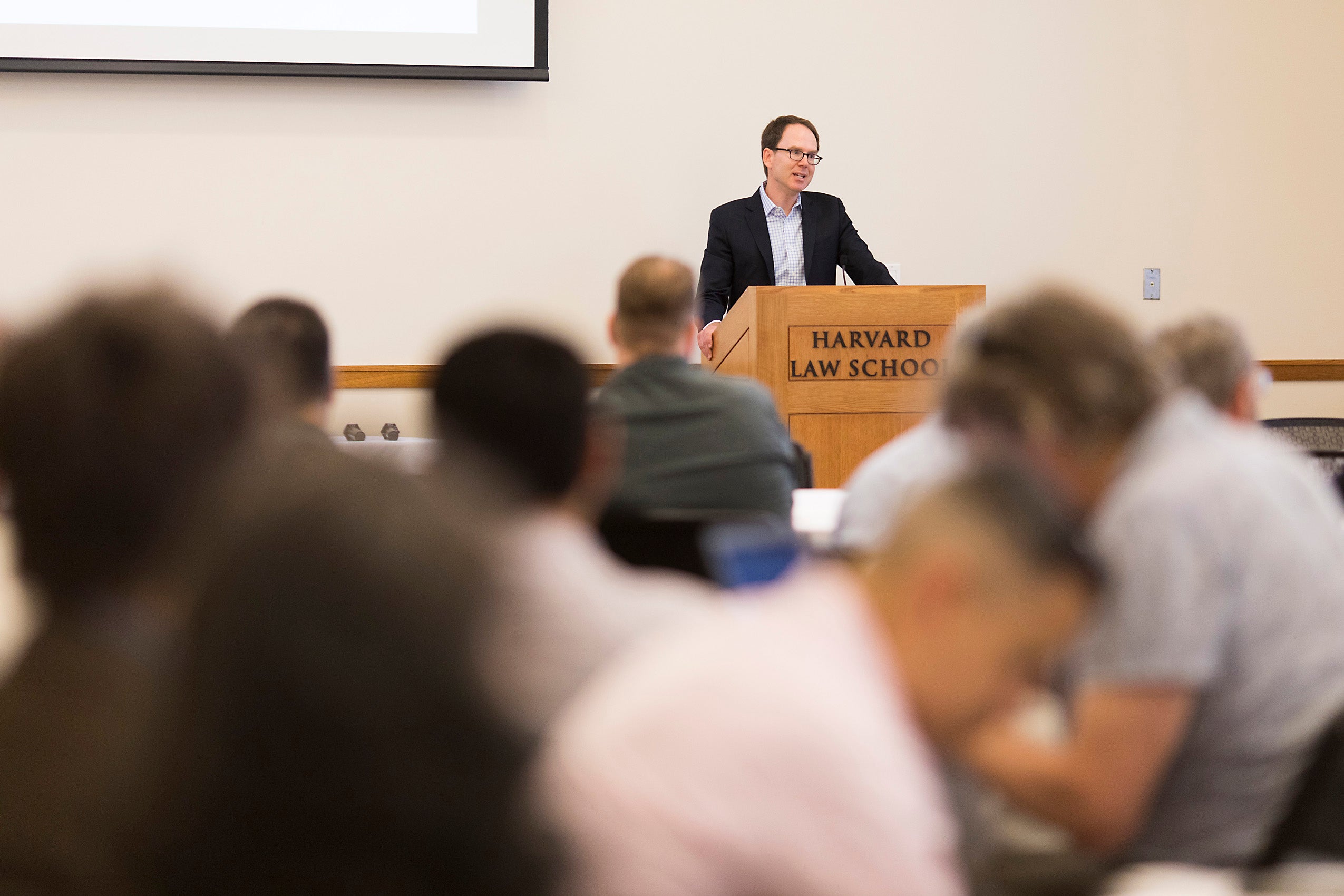
The “Clean Slate” concept, Block said, signifies a fresh start and a willingness to think big. “After eighteen months we will put up recommendations for a comprehensive overhaul of labor law,” Block said. “Not just amendments to the National Labor Relations Act, which is how people think of labor law today, but a broader change in the structure to facilitate workers having a greater voice in the economy and in politics.”
Addressing the conference, Block explained that the day’s talk would start with problems and move on to solutions. The day’s focus was “What Problems Should We Be Solving For?”, and Professor Sachs’ opening address emphasized the crucial need for change.
“Our economy and our politics are terribly out of balance in a way that has dire consequences for those on the wrong side of that balance,” Sachs said. The current system, he said, is built on disenfranchisement of people in lower income brackets. As an example, he noted that the average Amazon employee would need to work for five million years to make CEO Jeff Bezos’ net worth; and that government policies would likely favor Bezos. “When the rich and poor disagree, government policy bears no relationship to the degree of opposition among the poor, the preferences of a vast majority of Americans appear to have zero impact on which policies the government does adapt. But it’s worse than that. Economic concentration leads to greater concentration of political power, which leads to greater economic concentration. And on and on.”
One key to the current state of inequality, he said, is the decline of the American labor movement. “If we want to rebalance our economics and our politics, the labor movement must be a focus of our attention. And labor law is a play field on which the labor movement will either be revitalized or killed altogether. If you need proof of that, look at the amount of time and energy that the opponents of the labor movement are now devoting to labor law.” Emphasizing the “clean slate” concept, he urged the participants to be ambitious: “Our work has been to some degree incremental, we have lobbied for amendments to the badly broken Labor Relations Act. Our work now is to ask … If we were to build labor law in 2018, how would we build it?”
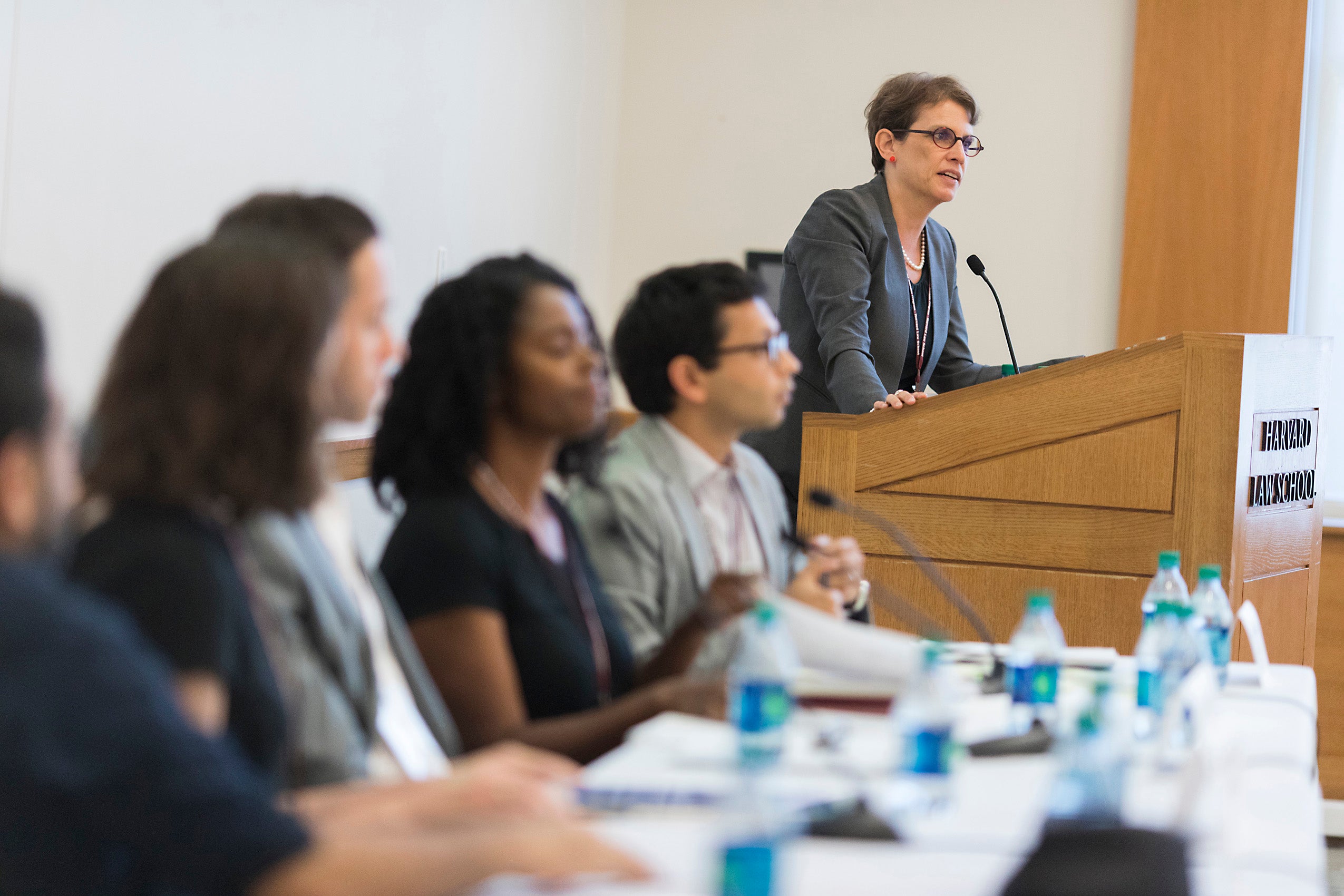
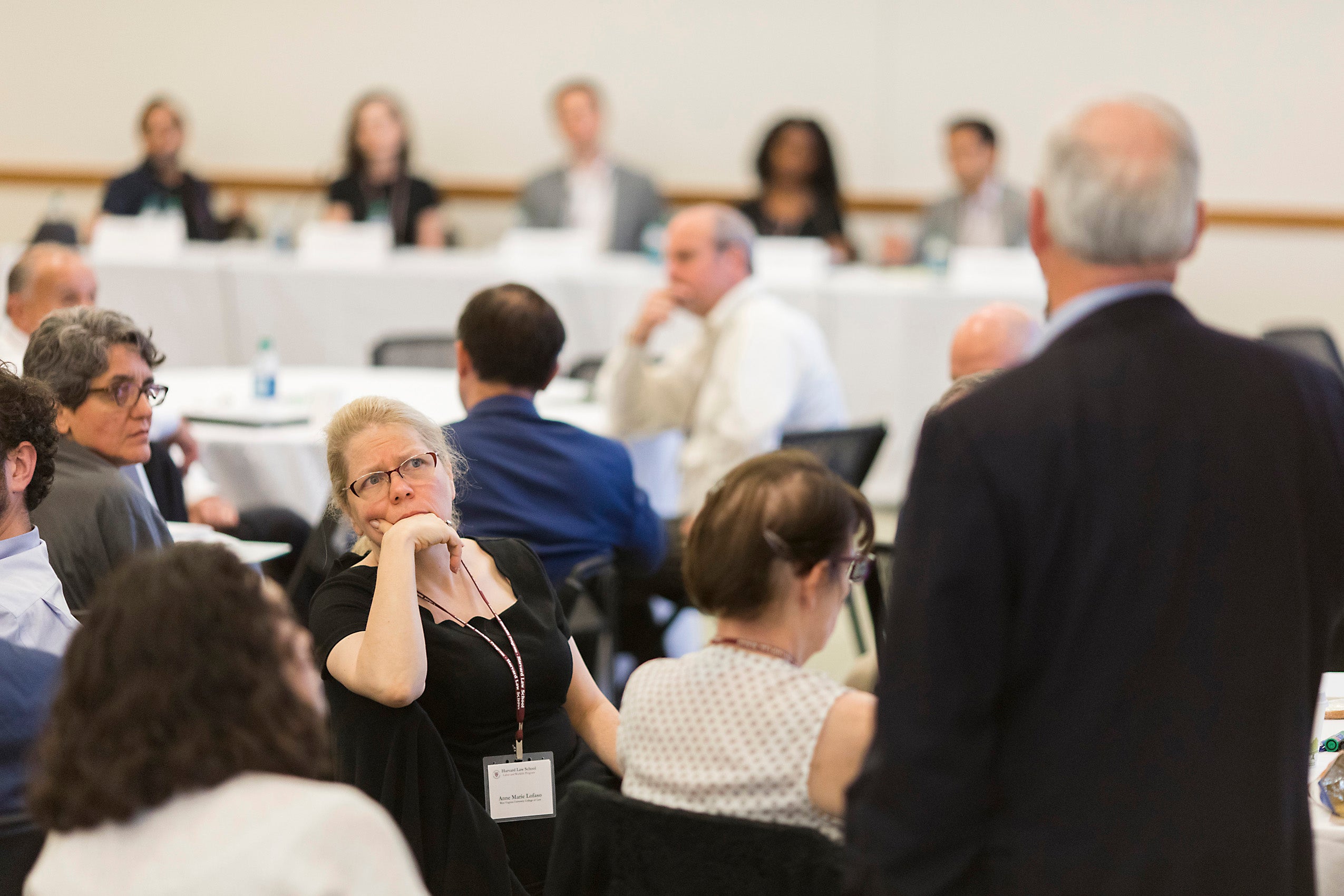
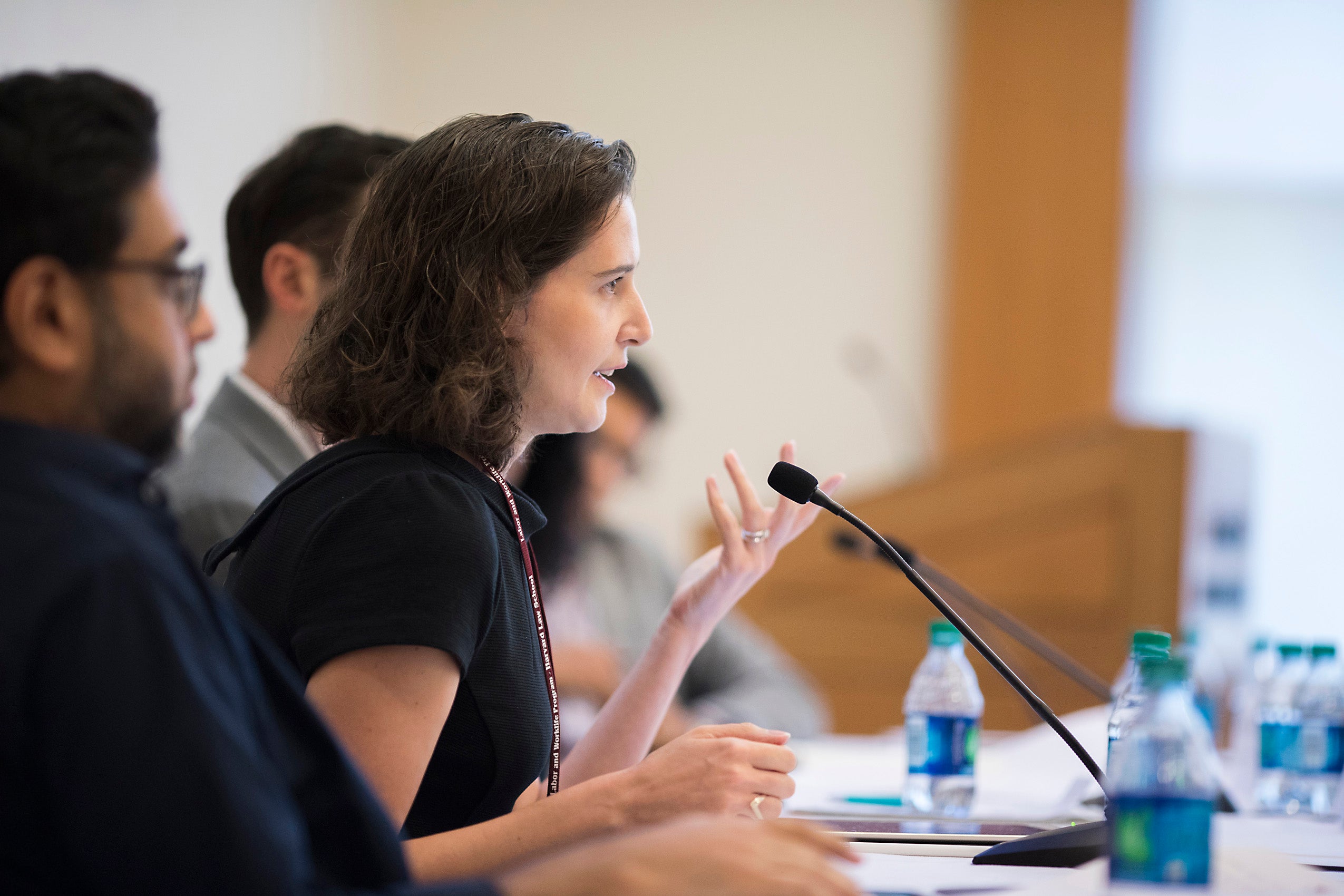
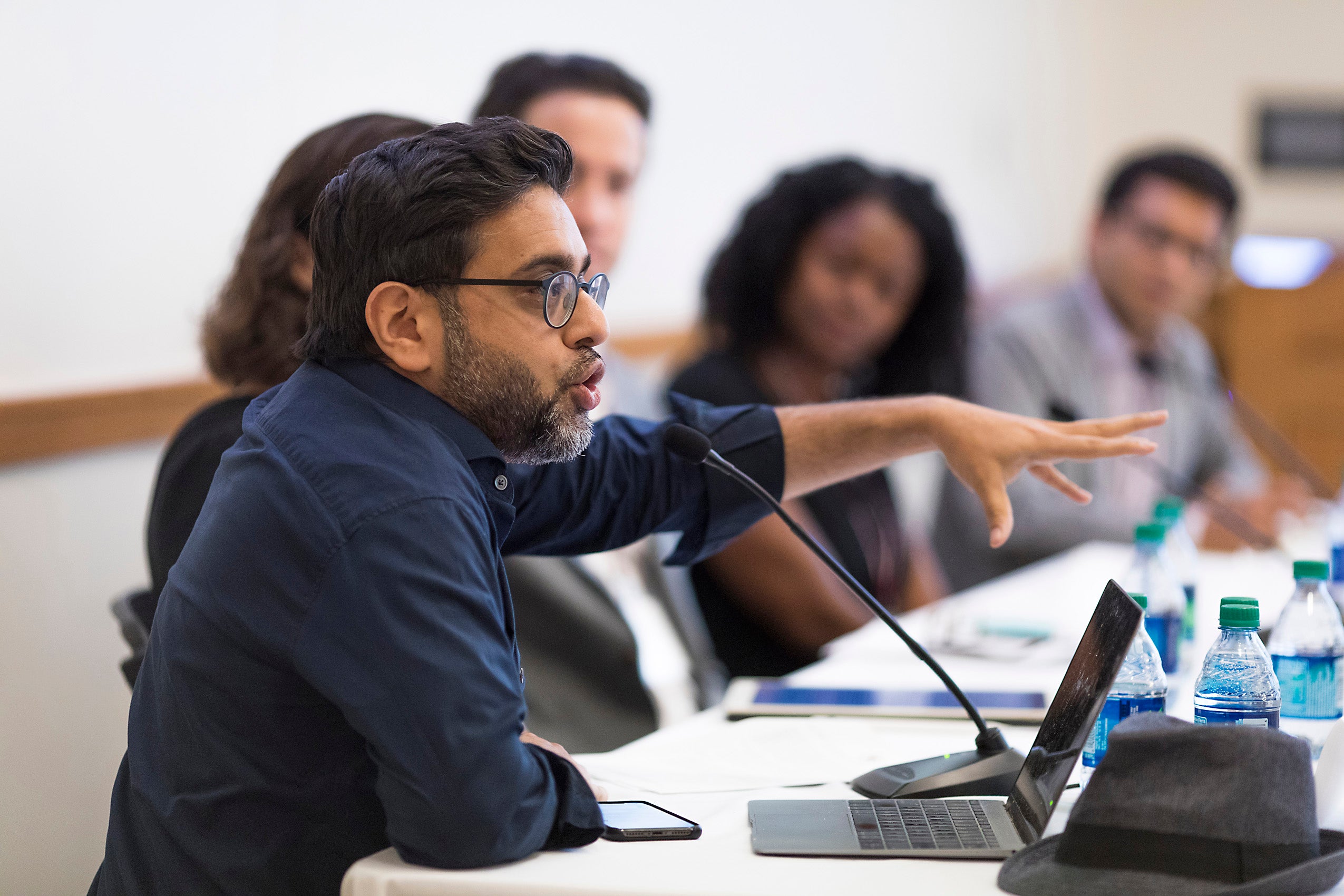
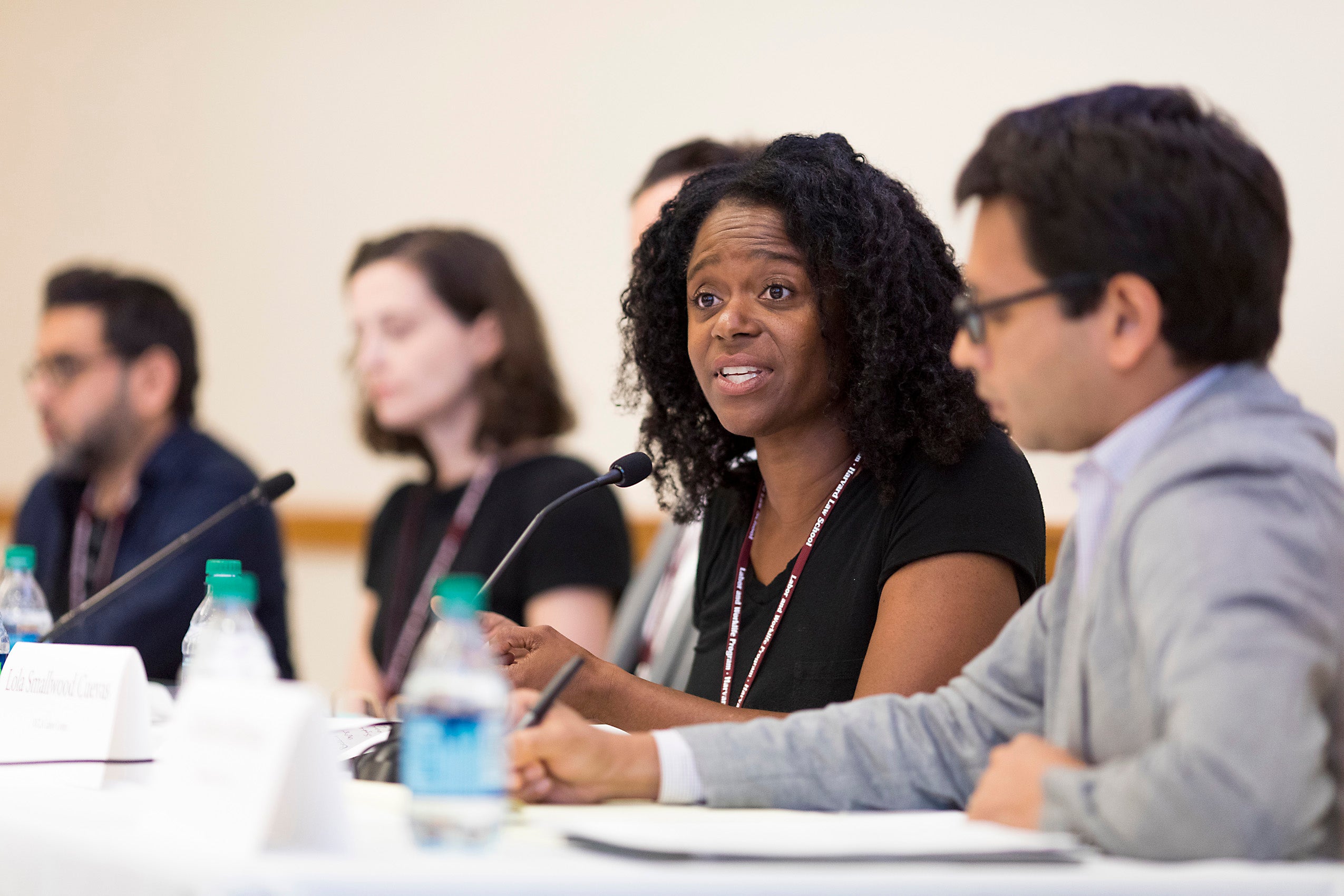
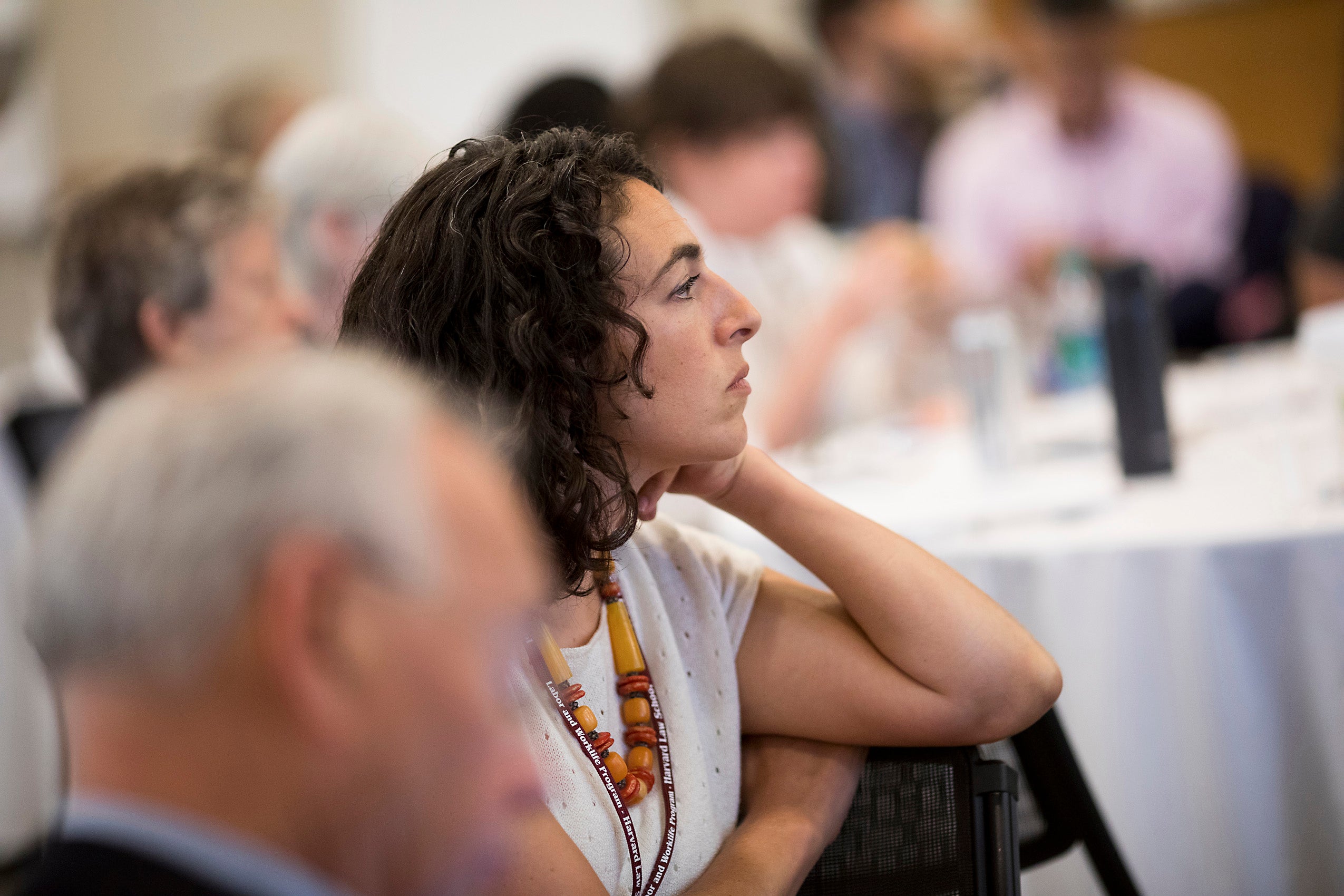
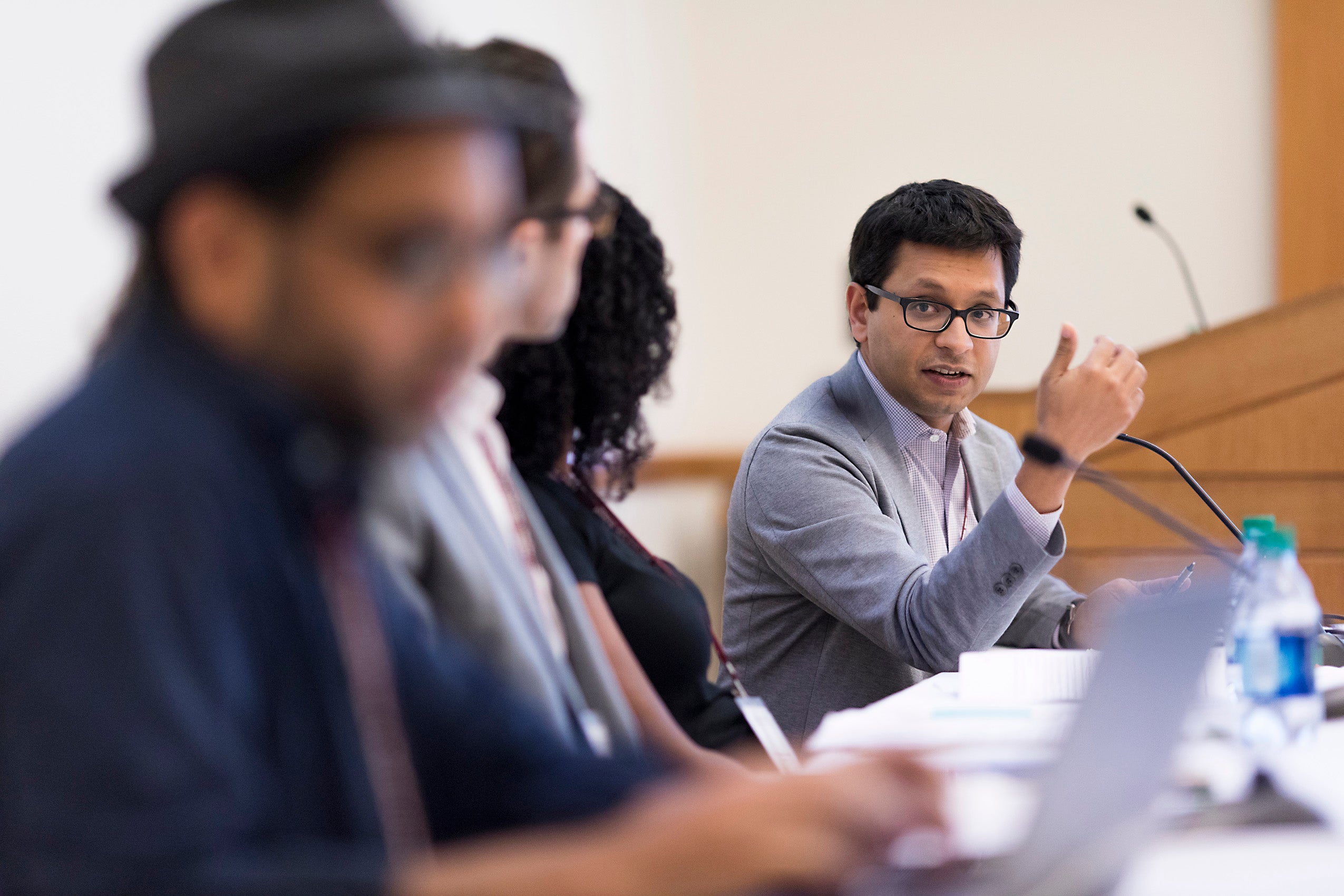
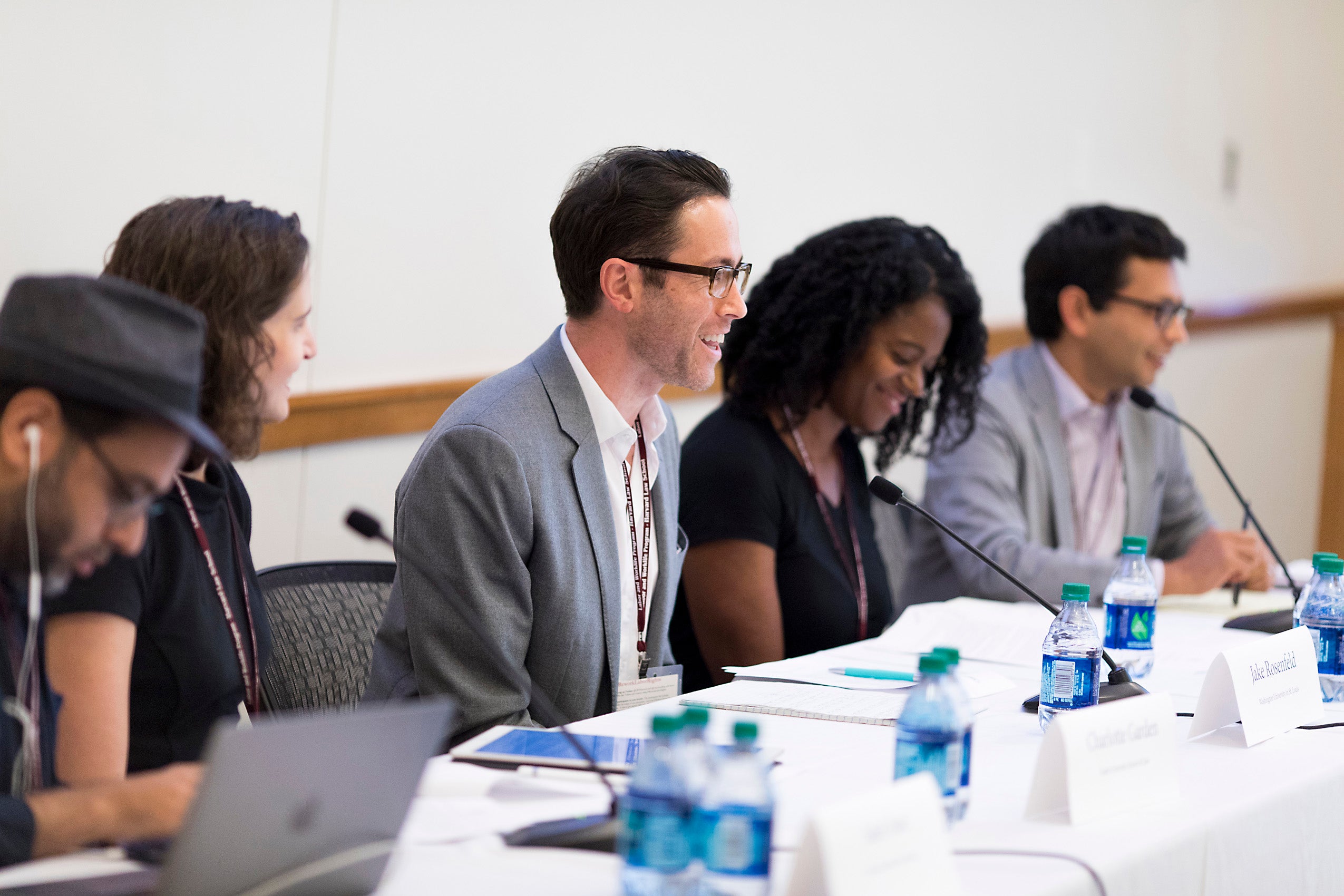
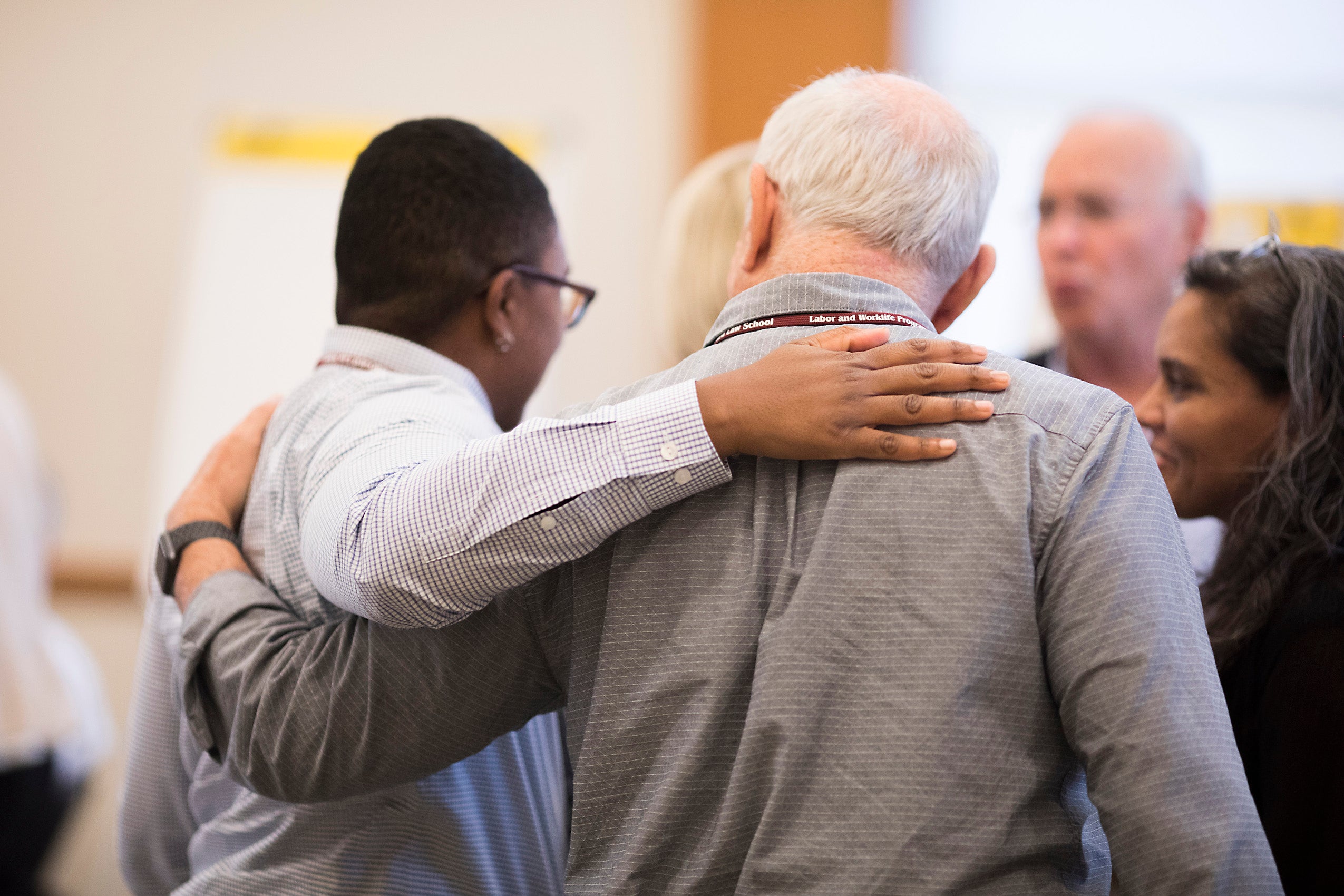
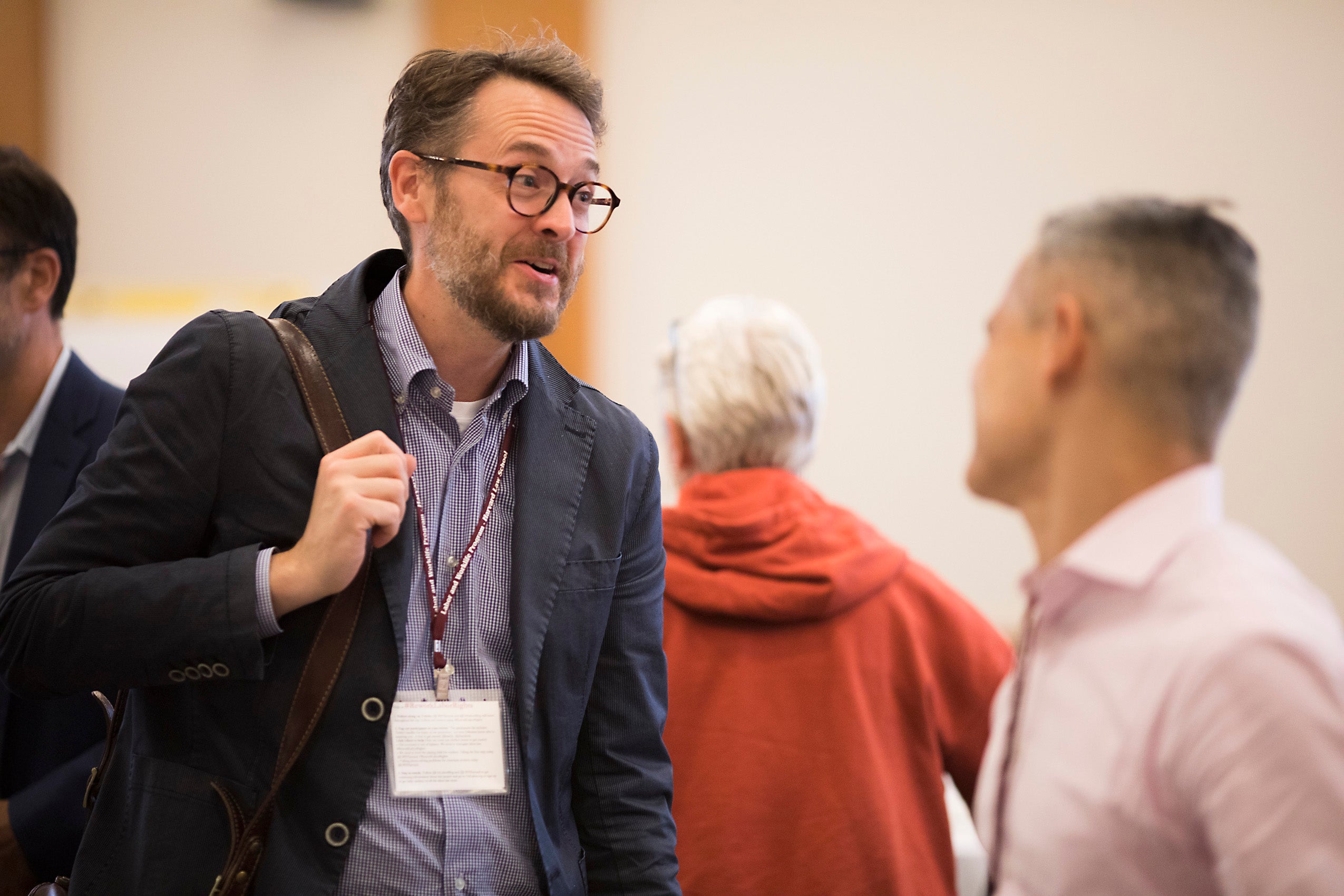
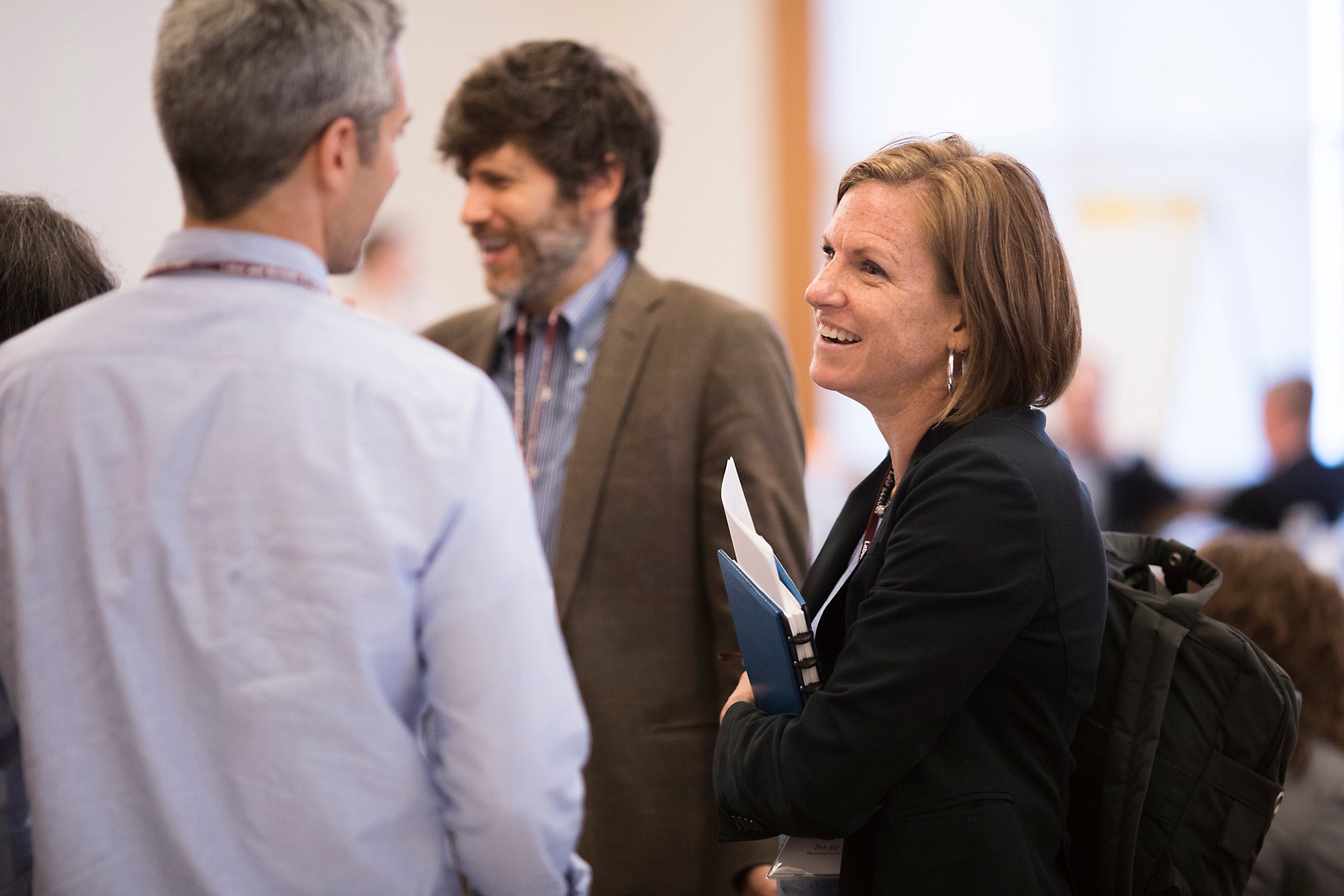
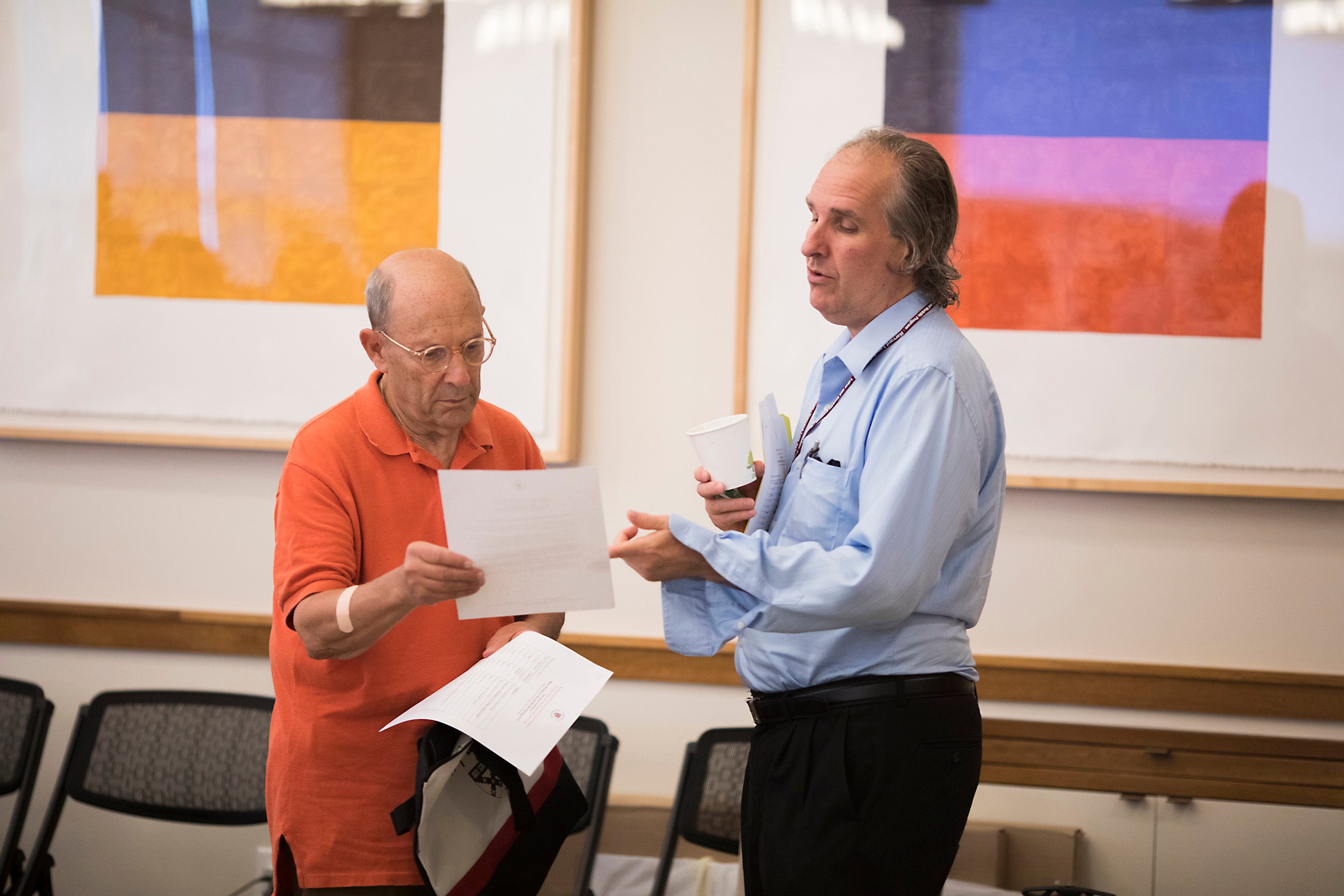
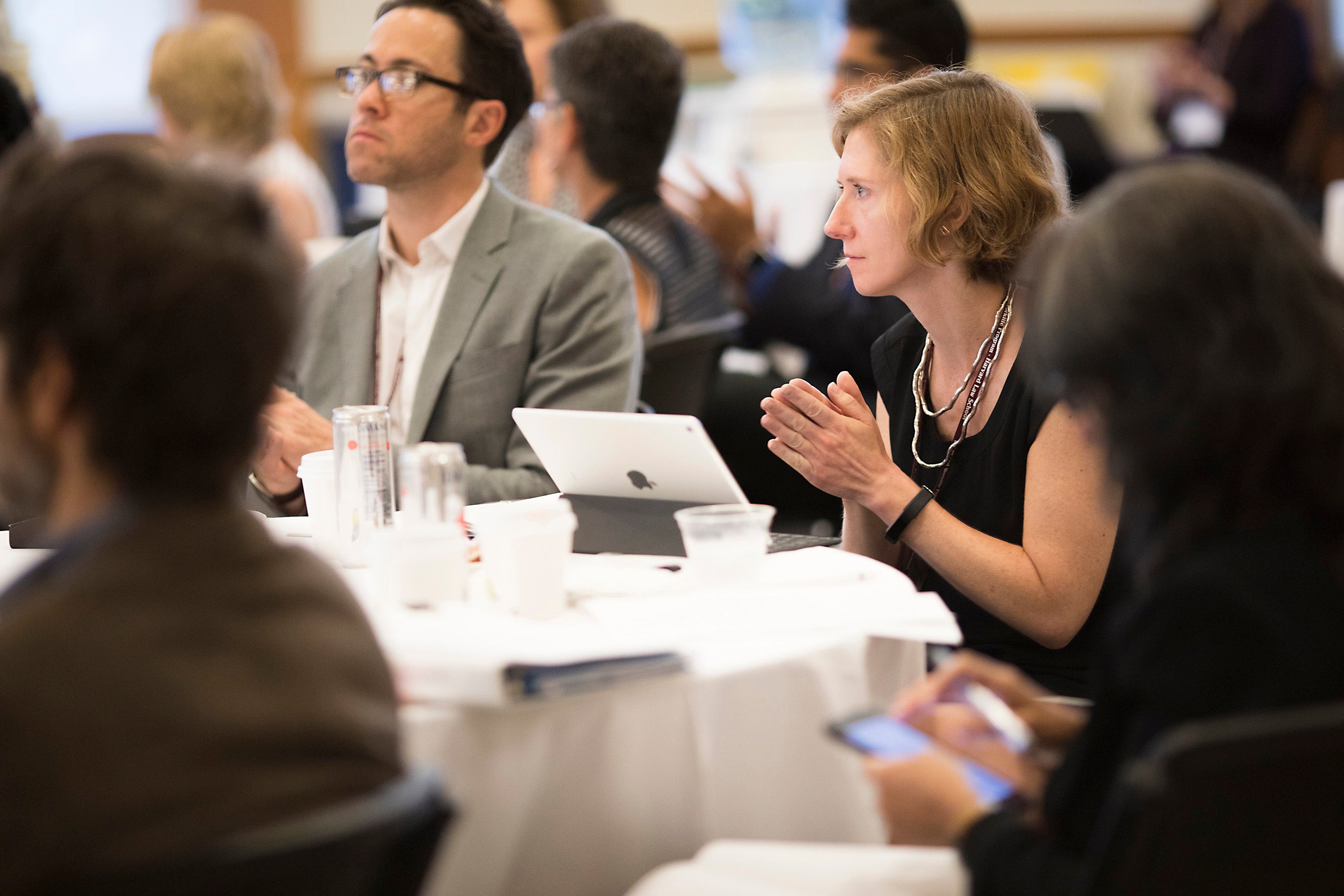
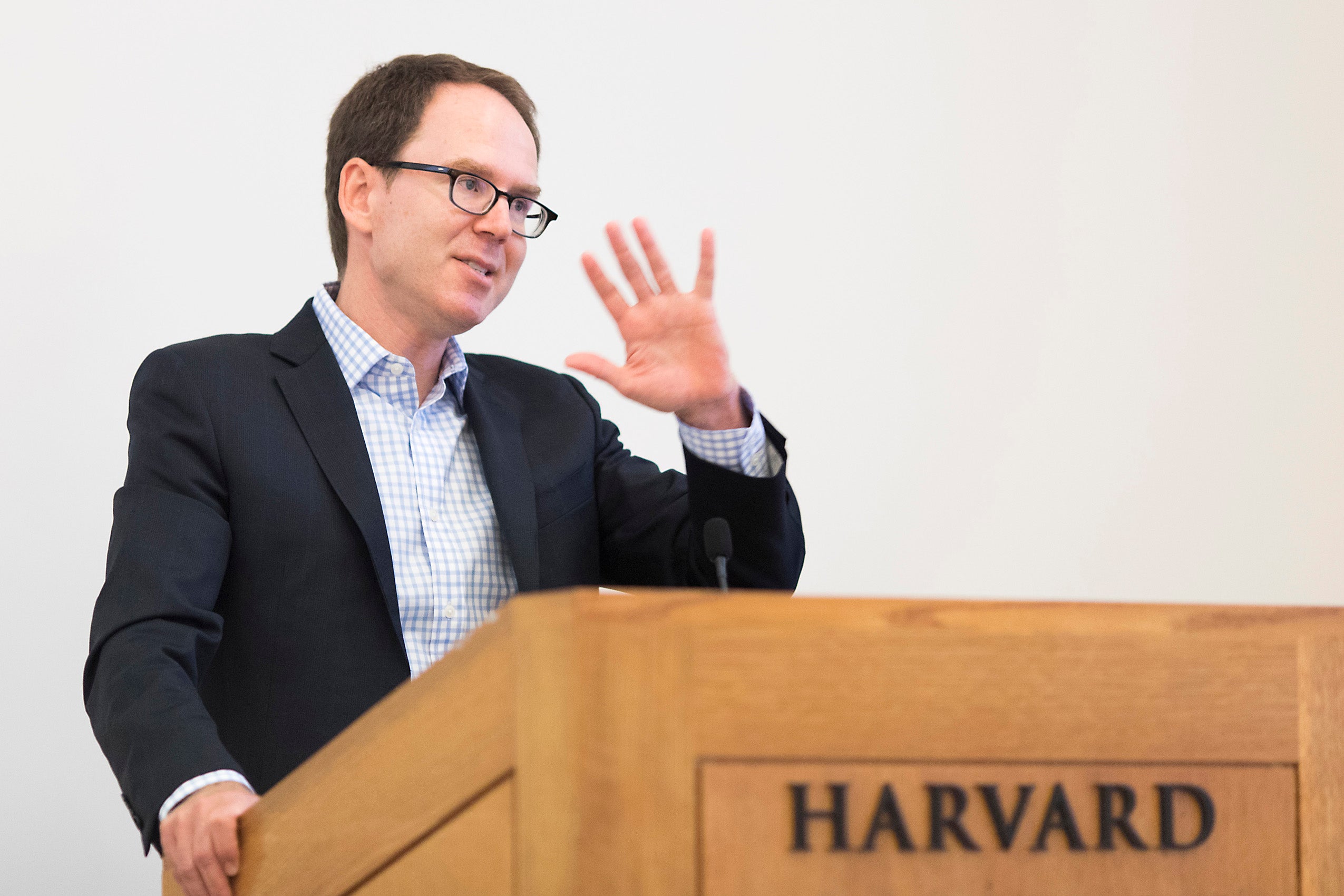
The day’s four panels addressed specific ways that labor laws have broken down. A recurring theme was the transformation to a “gig economy,” in which staff workers become independent contractors and benefits get harder to come by. The day’s first panel, “Transformation of Work,” noted the changing nature of a service job: In 1962, an airport baggage handler would receive a competitive wage with sick time and paid vacation. Today the various workers in an airport may all wear the same uniform, but they’re likely working as contractors for different companies, getting a smaller paycheck, and not being granted benefits. The same would apply in a hospital, where the administrators, doctors, food service and linen service would all have different employers.
The second panel examined constraints on the labor movement, particularly the recent Janus v. AFSCME decision (in which the Supreme Court ruled that public-sector employees are no longer required to pay union fees or dues). This, many panelists agreed, has been a direct threat to the process of collective bargaining. The next panel, “Problems Have Consequences: A View from the Frontlines,” looked at direct impacts on workers’ circumstances — including construction workers in the South, who live in poverty and work in dangerous conditions (in 2016, the South accounted for one-third of all construction workers killed on the job). Because close to 50 percent of these workers are undocumented, they have little access to workers’ compensation, let alone political power.
The move from problems to solutions began after the panels wrapped up, and the attendees spent the day’s last hours brainstorming on strategies. According to Block, some of the talk addressed how workers could organize to further their political influence, and how the system of benefits could be restructured to workers’ advantage. These ideas will now be developed in future sessions.
“I think you’ll see recommendations that are realistic and actionable,” Block said. “Not necessarily in the short term but in the long term, to address this critical problem in our economy and our society.”
